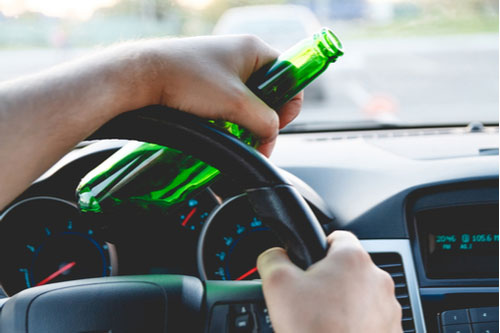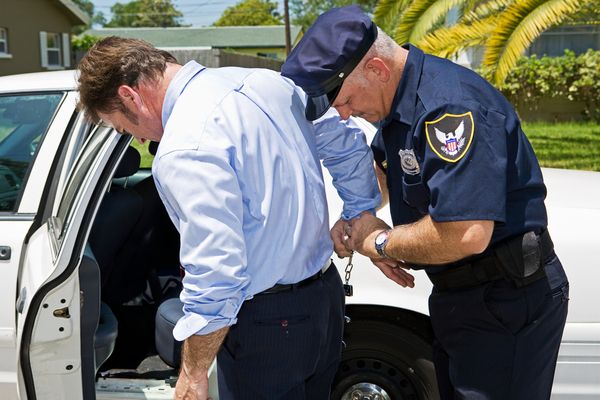Most people have some familiarity with field sobriety tests. However, not as many understand the role these tests play in DUI/OWI cases. Many drivers are caught off guard by being asked to take a field sobriety test. They may have a misunderstanding about whether they are required to do so. And if they take and fail one, it’s likely the suspect will worry what consequences this will have for them.
If you are facing charges of driving under the influence, it’s important that you know about field sobriety tests. We will seek the most optimal outcome in your case. Count on the experienced Indianapolis DUI defense firm of Rathburn Law Office P.C..
The Different Types of Field Sobriety Tests
If a police officer suspects a driver of being intoxicated, he or she will likely request a field sobriety test. Law enforcement officers use one of three tests.
The One-Leg Stand Test
This test measures the DUI suspect’s ability to stand on one leg. The test is usually administered for about 30 seconds. A suspect can fail this test easily even without alcohol in one’s system, however. That’s because during this test, the officer will be looking for such signs of possible intoxication as the suspect:
- Putting his or her foot down before the 30 seconds is up
- Swaying or wavering while attempting to maintain balance
- Hopping to avoid falling down
- Using his or her arms to help maintain balance.
The Walk and Turn Test
This is also called the heel-to-toe test. The suspect will walk in a straight line, heel-to-toe, for several steps with arms at the side. After doing so, the suspect turns around and walks back to the starting point in the same manner.
There are several possible clues that an officer will look for here, and this test is also easy to fail. The point is to measure the suspect’s balance and ability to follow directions. However, being anxious or even distracted could cause a failure.
The Horizontal Gaze Nystagmus Test
Here, the suspect’s eyes follow a moving object (a pen or the officer’s finger) as it moves from side to side. The officer will be looking for excessive eye jerking when moving to the extremes of peripheral vision. That’s because this is a natural reaction that becomes more exaggerated when a person is intoxicated.
The problem with this test is that it was developed to determine brain damage. But police officers are not doctors and being intoxicated isn’t brain damage.
Should You Take a Field Sobriety Test?
A police officer may tell a DUI suspect that a field sobriety test is no big deal. Just take the test, you may be told, and if you pass you can go home. But for the reasons listed above, and others, there are numerous reasons the suspect may fail. Yet failure doesn’t necessarily indicate intoxication, just the inherent difficulty of these tests.
However, the good news is that the suspect can decline the test without penalty. And, in fact, it’s likely a good reason to do so. Field sobriety tests exist primarily to give the police officer more probable cause or evidence to make an arrest.
If you decline the test, the officer can still arrest you based on other observed evidence. Slurred speech, the smell of alcohol, and erratic driving are common examples. But why add to the evidence the police may have by taking a field sobriety test?
In the event of an arrest, you will be required to take a blood or breath test. Unlike a field sobriety test, if you refuse one of these tests your license will be automatically suspended.
Let Rathburn Law Office P.C. Advise You After Being Charged With a DUI
For circumstances like these, your best bet is to not take a field sobriety test. But if you already did, or you are arrested anyway, it’s time to retain an Indianapolis DUI defense attorney. Rathburn Law Office P.C. understands our state’s DUI statutes. We can help you defend yourself against charges and explore your options. Get in touch with us today.









